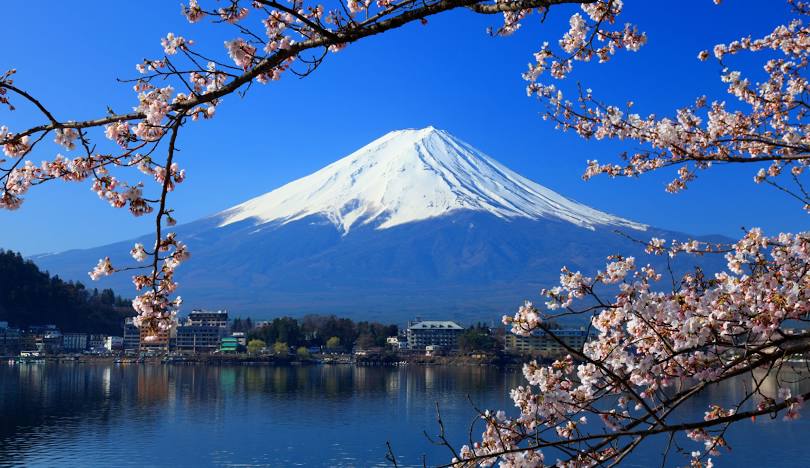Why Japan is So Disciplined: A Deep Dive into the Culture of Respect and Responsibility


Introduction:
When we think of Japan, several things come to mind: bullet trains that arrive to the second, streets that are spotless despite having almost no dustbins, and a society that prioritizes manners, humility, and group harmony. All of this is rooted in one word — discipline. But what makes Japan one of the most disciplined countries in the world? The answer lies in a combination of cultural values, historical traditions, education systems, and societal expectations.
1. Cultural Roots of Discipline in Japan
Japan’s cultural foundation is built upon centuries-old philosophies such as Confucianism, Buddhism, and Shintoism. All three emphasize self-control, respect for elders, harmony, and inner peace. These are not just spiritual teachings — they are guiding principles for everyday life in Japan.
-
Confucianism teaches respect for authority, order, and duty.
-
Buddhism focuses on self-discipline, patience, and mental clarity.
-
Shintoism, native to Japan, emphasizes cleanliness, purity, and respect for nature.
Together, these belief systems create a moral code where discipline is not enforced by law alone, but by internal responsibility.
2. Japanese Education System: Discipline Starts Young
One of the biggest reasons for Japan’s disciplined society is its education system.
-
In Japanese schools, moral education is a part of the curriculum.
-
Students clean their classrooms, school toilets, and hallways themselves. This teaches respect for shared spaces and builds responsibility from a young age.
-
Punctuality is strictly observed in schools. If a child is even a few minutes late, it is seen as disrespectful to teachers and classmates.
-
Discipline in school is not just about rules — it is about creating teamwork, obedience, and self-control.
By the time a Japanese child finishes school, discipline is no longer a rule — it has become a way of life.
3. Group Harmony (Wa): The Soul of Japanese Society
The Japanese concept of Wa means harmony, especially in social groups. Japanese society values the group over the individual, unlike many Western societies.
-
Speaking loudly in public is discouraged because it may disturb others.
-
People wait in long lines patiently without pushing or complaining.
-
Even during disasters like earthquakes or tsunamis, there is order and calm, not panic and chaos.
Why? Because every Japanese person has a deep-rooted understanding that “my behavior affects others.” This mindset naturally encourages discipline in public and private life.
4. Work Culture: Discipline and Dedication
Japan is famous — and sometimes criticized — for its intense work culture. But it is also a reflection of how discipline is embedded into adult life.
-
Japanese employees are expected to be punctual, respectful, and hardworking.
-
The concept of “Gambaru”, which means “doing one’s best despite difficulties,” is central to their work ethic.
-
Many workers stay late, not to show off, but because they believe it is their duty to contribute as much as possible.
Even if this work culture has its downsides (like overwork), it undeniably shows how discipline continues from childhood into adulthood.
5. Public Behavior: Respect and Cleanliness
Visitors to Japan are often shocked by how clean the country is — especially considering that public dustbins are rare.
-
People carry their trash home instead of littering.
-
Smoking is only allowed in designated areas.
-
Talking on phones in public transport is discouraged because it might disturb others.
This level of discipline is not enforced by heavy laws or police — it is a social contract. Everyone knows their role in keeping the environment peaceful and clean.
6. Traditions and Ceremonies: Respect in Every Detail
Japanese traditions — from tea ceremonies to martial arts like karate — are all built on respect, silence, and formality.
-
Every action in a tea ceremony is slow, graceful, and full of meaning.
-
In martial arts, bowing before and after a fight shows respect for your opponent, not aggression.
Even simple daily habits like bowing while greeting, removing shoes before entering a house, and using polite language (keigo) show the discipline of manners and behavior.
7. Natural Disasters Have Shaped Their Discipline
Japan faces frequent earthquakes, tsunamis, and typhoons. Over centuries, the Japanese people have learned to stay calm, cooperative, and resilient.
-
Earthquake drills are a regular part of school and office life.
-
Emergency kits and protocols are standard in homes.
-
After major disasters, people line up for food and water peacefully, without chaos.
These experiences have made discipline not just a value — but a survival skill.
8. Technology and Innovation: Driven by Precision
Japan is home to brands like Toyota, Sony, and Panasonic — known for their perfection and precision.
-
The Toyota Production System, for example, is based on “Kaizen” (continuous improvement), which demands discipline at every level.
-
Even Japanese trains, like the Shinkansen (bullet train), are rarely late by more than a few seconds — a result of precise, disciplined coordination.
Discipline fuels the excellence Japan is known for worldwide.
Conclusion:
Japan’s discipline is not a myth or a coincidence. It is a beautiful blend of culture, education, history, and values passed down through generations. In Japan, discipline is not about punishment — it is about mutual respect, responsibility, and harmony. It’s a society where every individual understands that their actions affect the whole — and acts accordingly.
In a world that is often chaotic and self-centered, Japan reminds us that discipline, when rooted in respect and humility, can create a truly peaceful and progressive society.




